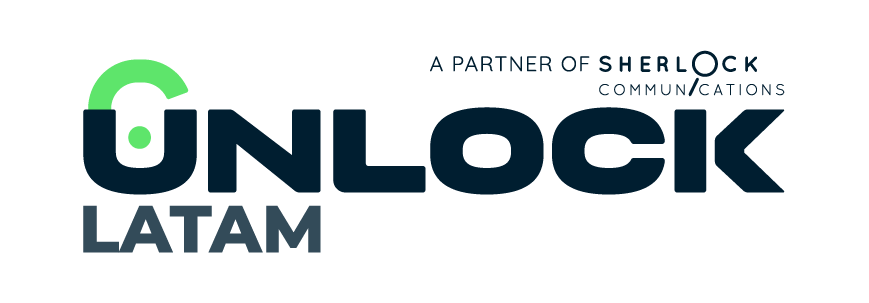Trade Barriers and Opportunities for SaaS in Global Markets
The global SaaS industry continues to expand at an unprecedented pace, yet companies face significant challenges when entering new international markets. Understanding SaaS trade barriers is crucial for software companies looking to scale their operations across borders and tap into emerging opportunities worldwide.
Regulatory Compliance Challenges Across Different Regions
Latin American Saas markets present unique regulatory landscapes that require specialized knowledge and local expertise. Countries like Brazil, Mexico, and Colombia each have distinct compliance requirements for foreign SaaS providers.
Tax obligations vary dramatically between jurisdictions. Some countries impose digital services taxes on foreign SaaS providers, while others require local legal entities for tax compliance.
Licensing requirements can create additional barriers. Certain types of software, particularly those handling financial data or healthcare information, may require specific certifications or partnerships with local entities.
Key Compliance Areas to Consider
Labor laws also impact SaaS companies establishing local operations. Understanding employment regulations, contractor classifications, and benefits requirements becomes essential for sustainable expansion.
- Data protection and privacy laws
- Digital taxation frameworks
- Software licensing requirements
One of the most overlooked advantages of demo day is the momentum it builds. Startups often leave the event with newfound visibility and a sense of credibility that is difficult to achieve in the early stages of growth. For many founders, demo day becomes a launchpad to scale operations and attract attention from both the investment community and potential clients.
Data Sovereignty and Localization Requirements

Data sovereignty represents one of the most significant SaaS trade barriers facing modern software companies. Governments increasingly demand control over their citizens’ data, creating complex compliance landscapes.
Localization requirements often mandate that certain types of data must be processed and stored within national boundaries. This creates substantial infrastructure investments and operational complexity for SaaS providers.
The challenge extends beyond mere storage location. Many regulations require local data processing capabilities, potentially necessitating entire technology stack duplication in target markets.
Market Entry Strategies for SaaS Companies
Successful SaaS expansion requires strategic planning that addresses trade barriers while maximizing market opportunities. The most effective approaches combine local expertise with proven international expansion methodologies.
Understanding cultural nuances proves equally important. Business practices, communication styles, and decision-making processes vary significantly between regions, impacting sales and marketing strategies.
Technology Infrastructure Considerations
Infrastructure requirements for international SaaS trade barriers go far beyond basic server deployment. Latency, reliability, and compliance all demand careful architectural planning.
Content delivery networks become essential for maintaining performance across geographic distances. Users expect a consistent experience regardless of their location relative to primary data centers.
Financial and Operational Hurdles
Currency fluctuations create ongoing challenges for SaaS companies operating across multiple markets. Revenue predictability becomes complex when dealing with volatile exchange rates and local economic conditions.
Payment method preferences vary significantly between regions. While credit cards dominate in North American markets, many Latin American customers prefer bank transfers, digital wallets, or local payment systems.
Opportunities Within Global SaaS Markets
Despite significant barriers, international expansion offers tremendous opportunities for SaaS companies willing to invest in proper market entry strategies. Emerging markets often provide higher growth rates and less saturated competitive landscapes.
Latin America represents particularly attractive opportunities with rapidly growing digital adoption rates and increasing business software investments. Countries like Colombia, Chile, and Mexico show strong demand for enterprise SaaS solutions.
Partner with Unlock Latam for Strategic Market Entry
Unlock Latam specializes in helping SaaS companies successfully navigate trade barriers and enter Latin American markets. Our team provides comprehensive support from market research through operational optimization.
Ready to explore LATAM opportunities for your SaaS business? Contact our experts today to accelerate your expansion strategy.
Looking for more guidance? You might find these resources helpful in planning your next steps:

Your Trusted Partner in LATAM Expansion
From market research to legal compliance, we guide your business every step of the way.
